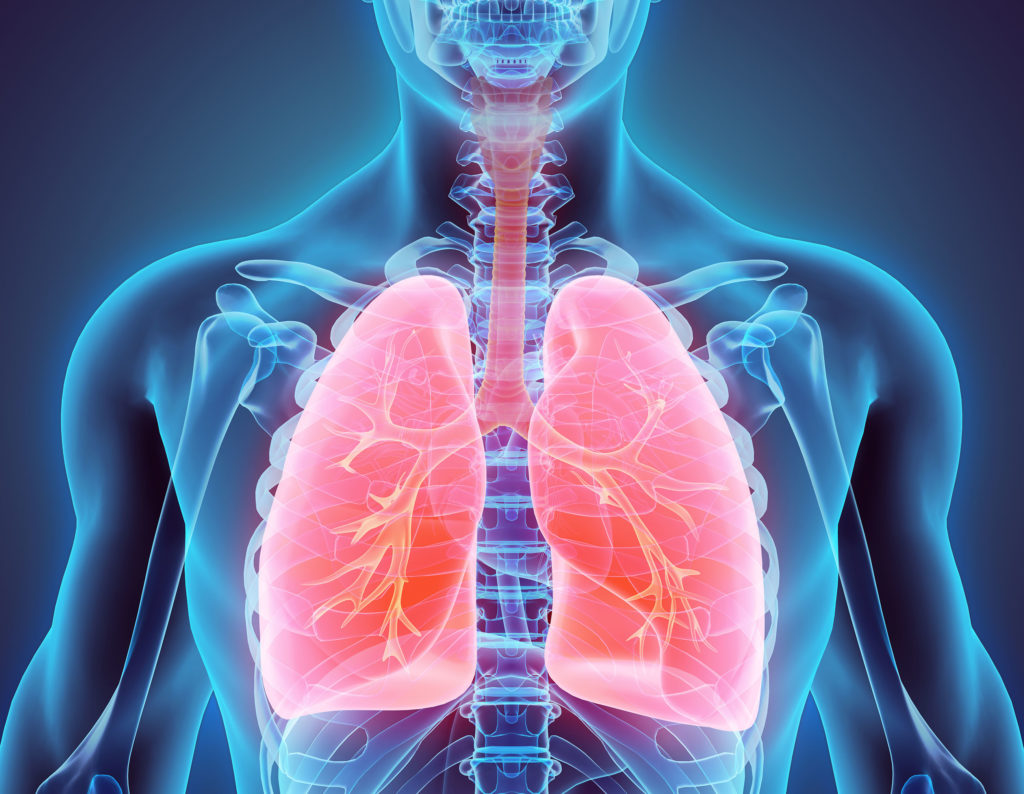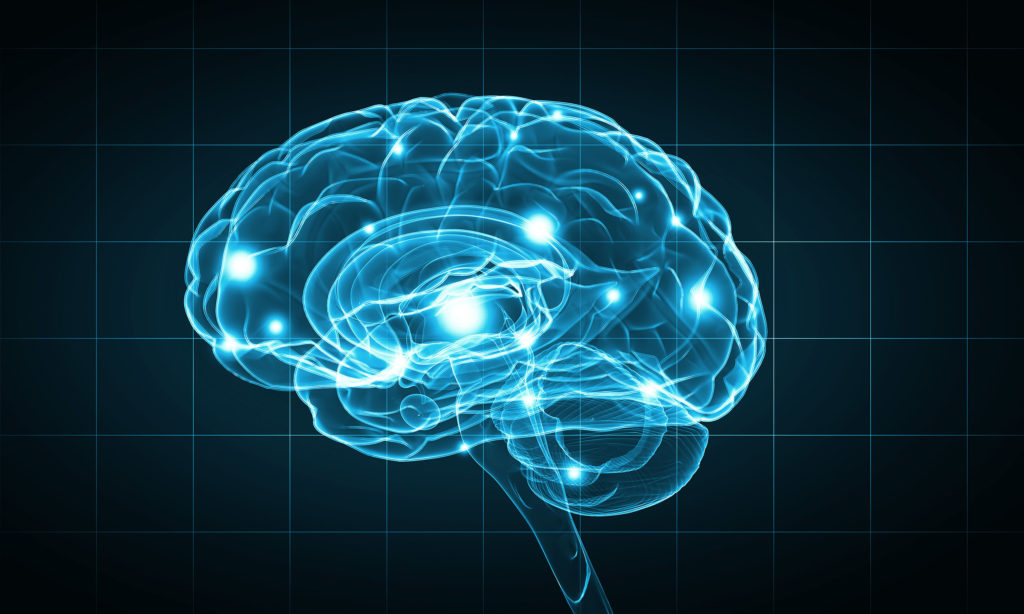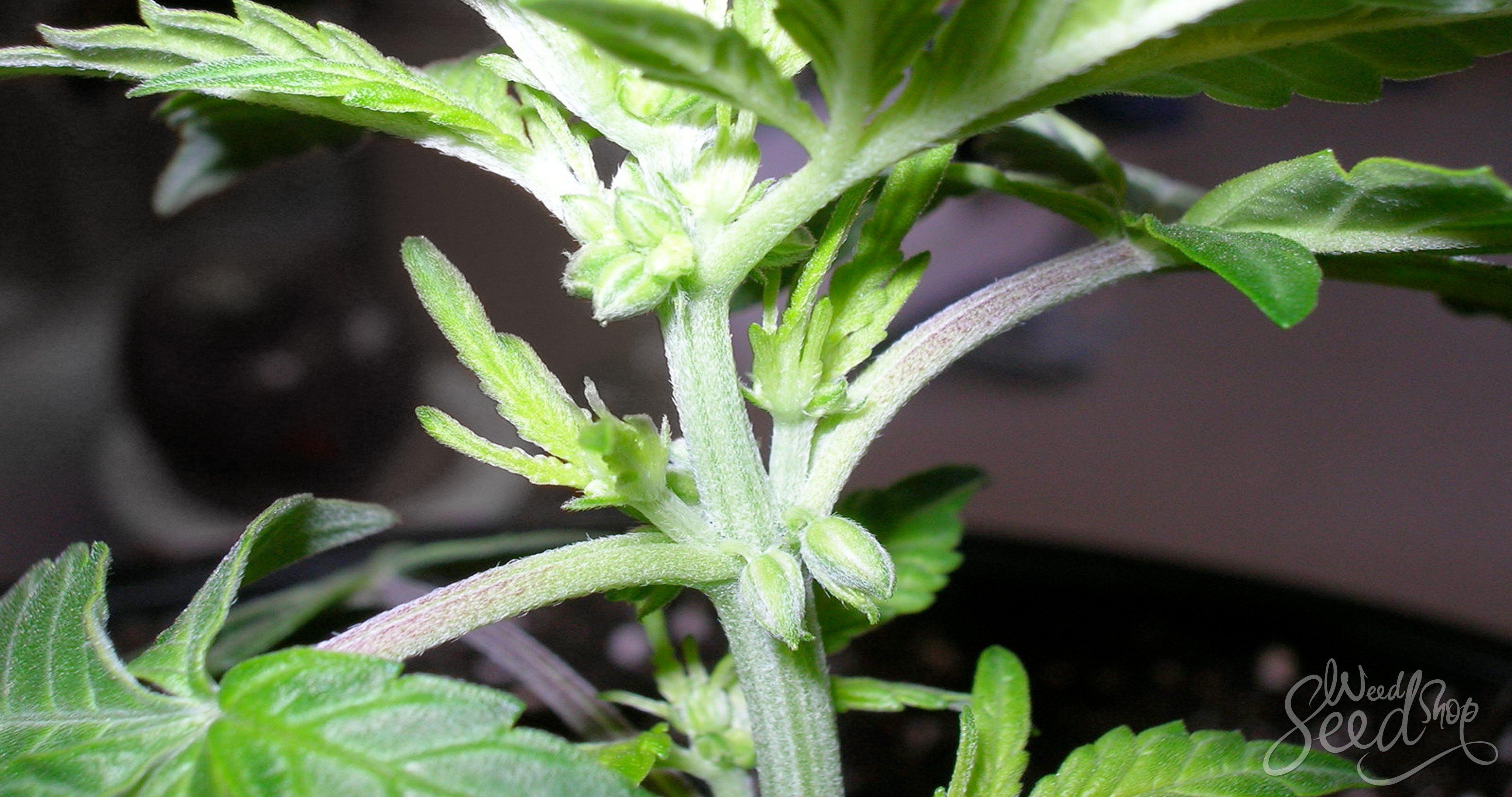Cannabis use comes with many short-term effects and potentially some long-term effects. Some of these are desired, and some of them cannabis users like to avoid. In this article we explore the effects of THC both in the short-term and in the long-term. If you would like to learn how THC affects you, keep reading!
Tetrahydrocannabinol, otherwise known as THC, is the main active ingredient of cannabis. It is the component of cannabis that is responsible for making people high, and arguably the reason this plant has been loved by human beings for thousands of years.
The short-term effects of THC are usually considered a delight, and for many users, it is these short-term effects that draw the person towards using cannabis. There have been many studies about the long-term effects of THC, but it’s really hard to know what information is legitimate and what is propaganda or fear tactics. In this article, we break down the short term and potential long-term effects of THC use.
5 Short-term effects of THC
1. Impaired memory
Most of those who have used weed before are quite familiar with the phenomenal experience of short-term memory loss. It’s something many have observed through experience, and science has confirmed that one of the short-term effects of smoking weed is an impaired memory.
This does not mean that weed destroys your memory – it just means that you might have some difficulty creating new ones while you are under the influence of cannabis.
The science behind this is complicated to say the least. The exact process behind how cannabis affects neurotransmitters and synaptic responses is the language of neuroscientists. However, this effect is short-lived and has usually completely worn off after the effects of cannabis have disappeared.
2. Heightened mood, euphoria & relaxation
The elevated mood that ganja can bring to the room is one of the main reasons people have loved using it for so long. The THC molecule highly resembles the endocannabinoid anandamide. This hormone is sometimes referred to as the “bliss molecule”, for its ability to bring a euphoric feeling to the human.
3. Increased appetite
Weed is sometimes used as a way to treat the loss of appetite that occurs as a result of certain illnesses. Those who use cannabis recreationally call this experience the “munchies”. It is caused by the way that THC works in a part of the brain called the hippocampus. THC triggers the release of certain hormones that amplify the desire to eat.
4. Heightened sensitivity
Part of the reason that food might also be so enjoyable under the influence of cannabis is because cannabis users can experience heightened sensitivity for a short period of time. This can mean extra sensitivity to physical sensations, to thoughts and in general, the experience of everything can be intensified.
For some people, this causes anxiety rather than relaxation. Strains that are famous for their euphoric effects (often sativa strains, or sativa dominant hybrids) have a chance of inducing an anxious feeling in some people. If this is something you’re afraid of, you could consider avoiding strains like Cheese, Green Crack, Jack Herer, and Trainwreck.
It is also for this reason, perhaps, that people also find weed can act as an aphrodisiac. The heightened sensitivity to the physical environment can mean all kinds of experiences become intensified.
5. Sleepiness or drowsiness
THC is a great medicine for insomnia, as it can cause sleepiness. This might also be caused by a deep state of relaxation. This isn’t the truth for all strains of cannabis, however. Some strains are well known for energizing the person, but as a general rule, high THC cannabis can send a person into a sweet, dreamless sleep. This drowsiness is hardly ever carried over after the effect of cannabis has worn off (although in some cases, you can suffer from a weed hungover).
3 Long-term effects of THC
When we talk about the long-term effects of cannabis, we should be very sensitive. A lot of information is coming from a biased perspective, and a lot of our knowledge is unsubstantial and inconclusive. In any case, we will try to cover the many different perspectives when it comes to the long-term effects of THC.
1. Lung damage and respiratory problems

If smoking is your chosen method of ingestion when it comes to weed, then you confront lung problems as a potential long-term effect. If you don’t mix your ganja with tobacco, then the risk is considerably less. However, smoking anything isn’t something that your lungs are super excited about, which is just a good thing to keep in mind.
Having said this, we need to be clear that it is not THC that is the cause of lung problems – it is the chosen method of using. You obviously do not face this issue if you prefer to ingest THC through edible cannabis, vaporizing or tincture.
2. The possible association with psychotic tendencies
There is probably a connection, albeit a very subtle one, with a long-term cognitive decline into psychosis. However, research has suggested that in general, the link comes with many other factors, such as the person’s history and predisposition to mental illness.
This problem kind of brings us back to the chicken and egg conundrum, where we can’t really tell which one comes first. That’s why the evidence behind this argument is kind of fluffy, and doesn’t really provide any substance.
3. Cannabis possibly changes the brain

There have been some studies which suggest that long-term cannabis use can cause more permanent changes in the brain, such as in the areas of hippocampus, amygdala and the prefrontal cortex. In any case, there is nothing to say what happens after these changes, such as whether the human’s behaviour is changed, their emotional condition etc.
Some cannabis users report the long-term effect as being better able to exercise creativity, solve problems and so forth. At the end of the day, we can’t even tell if these possible changes are even good or bad. We know very little about them.
In interpreting the information that we do have, it is important to be open. Humans have been using weed for a long time, but we have only started scientifically following the effects of it in more recent times. None of the evidence we have regarding the long-term effects of THC is conclusive, and all of it sits on very shaky ground.
Even after thousands of years of cannabis use, not a single death has ever been reported as a result. This logically tells us that there is never an immediate threat to a person who is using cannabis.
Just like any medicine, when weed is used in moderation and with awareness, it does not really seem to have any long-term effects, but is completely revered for its short-term effects. This is also what makes weed a medicine loved by many people.
The truth is that there are so many ways to avoid the long-term effects by changing the way that you use cannabis. For example, if there is a risk of lung damage, you can consume cannabis through eating. If there is fear of cognitive impairment, you can use CBD-only medicine like CBD oil that is not psychoactive and has no real effect on cognitive abilities.
There are many fear tactics that are used to stop people from using weed and it is important to view these objectively. It is unlikely to experience any long-term damage after using cannabis use, and that’s probably why a lot of the research is so flimsy. Enjoy your weed responsibly!










I have pancreatitis and have been told I can’t smoke or eat cannabis so ? Cbd oil in vapourisor? What do you.know of this? Any suggestions would be appreciated.
40+ yrs of use…mainly to get high…..lately , I’m learning about the medicinal side, …volunteering at a med mj clinic, hearing many testimonials about its many helpful characteristics.
i have, in my opinion….benifited the effects of chronic foot pain . through its use
i have a prescription for ~2yrs…..i”m 65
try it….it may help!!!!!!!!!